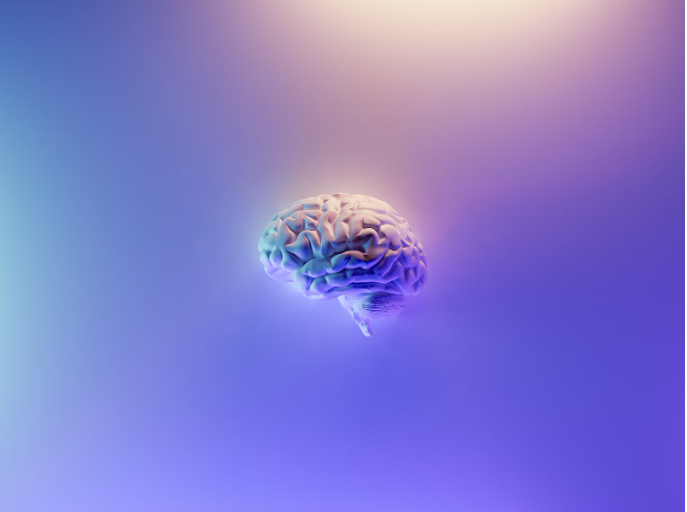New Study Confirms the Glymphatic System Functions in Living Humans for the First Time
In a groundbreaking study, researchers have confirmed the existence of brain waste-clearance channels in living humans, providing a new understanding of the brain’s glymphatic system. This system is essential for draining waste and toxins from the brain, and its dysfunction has been linked to neurodegenerative diseases like Alzheimer’s.
The study, which involved five volunteers undergoing surgery, provides the first real-time evidence of how cerebrospinal fluid (CSF) flows through the brain, confirming earlier studies conducted in mice and postmortem human brain samples. The findings, published on October 7, 2024, in the Proceedings of the National Academy of Sciences, reveal how CSF moves through specific channels, which run alongside blood vessels in the brain, called perivascular spaces.
The Glymphatic System: A Key Player in Brain Health
The lymphatic system, essential for immune function and waste removal throughout the body, was long thought not to extend into the brain. However, over the past decade, researchers discovered that the brain does have a similar network of vessels—ones that transport cerebrospinal fluid to help clear toxins. This system is known as the glymphatic system.
While previous studies in mice and postmortem human brains suggested the existence of these vessels, the recent study marks the first time the glymphatic system has been directly observed in living humans. Researchers injected a dye called gadolinium into the cerebrospinal fluid of five volunteers undergoing brain tumor surgery. The volunteers then underwent MRI scans, which tracked the movement of the dye through the brain. The scans revealed that cerebrospinal fluid flows through distinct channels in the brain’s perivascular spaces, supporting the findings seen in animal models.
Implications for Alzheimer’s and Cognitive Health
The proper functioning of the glymphatic system is critical to brain health. If this waste-clearance system becomes impaired—whether due to aging or physical damage—it may contribute to the buildup of toxins in the brain, which is believed to play a role in the development of diseases such as Alzheimer’s and other cognitive disorders.
Dr. Juan Piantino, the lead researcher from Oregon Health & Science University, explained, “This shows that cerebrospinal fluid doesn’t just enter the brain randomly. It flows through these organized channels, which may help in clearing waste from the brain.” This breakthrough supports the hypothesis that the glymphatic system is most active during sleep, and that poor sleep quality could compromise its function, increasing the risk of neurological diseases.
The findings emphasize the importance of continued research into ways to improve or restore the function of the glymphatic system. Strategies to enhance brain waste removal, such as improving sleep quality, may prove to be crucial for individuals at risk of Alzheimer’s or dementia.
The Future of Brain Health Research
This study represents a significant step forward in understanding how the brain clears waste and may open the door to new treatments and preventative measures for neurodegenerative diseases. As research into the glymphatic system continues, the hope is that therapeutic interventions can be developed to support this system and maintain brain health throughout life.
— By Sharon Reynolds



